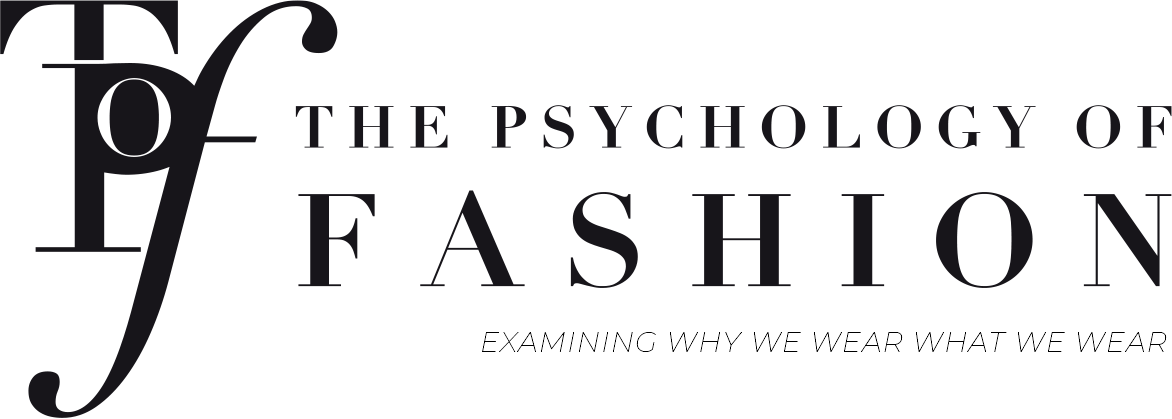After ample trial and error, I just know I can’t be friends with someone in a traditional floral print tea dress. I’ll start challenging their conventional beliefs, and they’ll find my personality abrasive. Show me a girl in leather culottes and I know we’ll be best friends.
There is a reason why people judge books by their covers. The brain is efficient and carries out a visual personality assessment, an automatic perception-based review that happens in a split second. What we really mean by judge is “assess”. It’s the brain’s way of quickly picking up visual cues about someone, scanning to compare them to all the cues it has stored up over a lifetime, and spitting out some results (befriend/avoid).
We can perceive more clear-cut qualities, such as whether they’re confident or insecure, conservative or left-leaning, high-strung or laid back, strong or weak-willed, and anxious or self-possessed. And in weird ways, we can also perceive more nuanced things, such as whether they’re likely to love or loathe the Kardashians, and where they’re most likely to spend Memorial Day weekend.
Mango Fall/Winter 18 Campaign
It has been said that you become like the five people you hang out with most, picking up the values, habits and preferences of your closest friends. Does this apparent truth about social influence include style? I believe we are looking at this question the wrong way around, missing out on how we can look to fashion to gauge compatibility and alignment in personality.
You have probably already found that friends with whom you share a deep connection with and have a similar psyche to you may naturally like many of the same clothes too. These are the friends you’re constantly exchanging DMs in Insta with about outfits, and the ones that seem to know what's most "you" when it comes to options.
Ermenegildo Zegna’s SS18 campaign starring Javier Bardem and Dev Patel
I have a friend whom I would blindly entrust to spend the proceeds of my credit cards on clothes if I had to, even if they the pieces were not returnable. That's how much she gets me and my style. She knows I love a bold A-line silhouette, a dramatic ruffle and unexpected cut-outs as much as she shares my unorthodox thoughts on love, exuberant personality, and understands why I feel about certain things in my life the way I do.
Of course, we also have friends that dress different than us, perhaps not drastically, but noticeably different, due to a mix of lifestyle and preferences. But you’ll notice that these are the ones you are less close to. They’re the occasional dinners and perfectly pleasant 5-6 times a year exchange friends. They’re not the-ones-you-call-when-shit-goes-down friends.
And so, I believe it always goes back to personality first. Who you are is the common denominator, attracting both friends and dictating fashion preferences. A comparable aesthetic is a strong clue that a friend is similarly minded.













As news of PSYKHE’s launch spreads, The Psychology of Fashion and PSYKHE’s founder Anabel Maldonado sat down with editors at Forbes and WWD to discuss the platform, the journey and why the world needs personalization powered by AI and psychology.